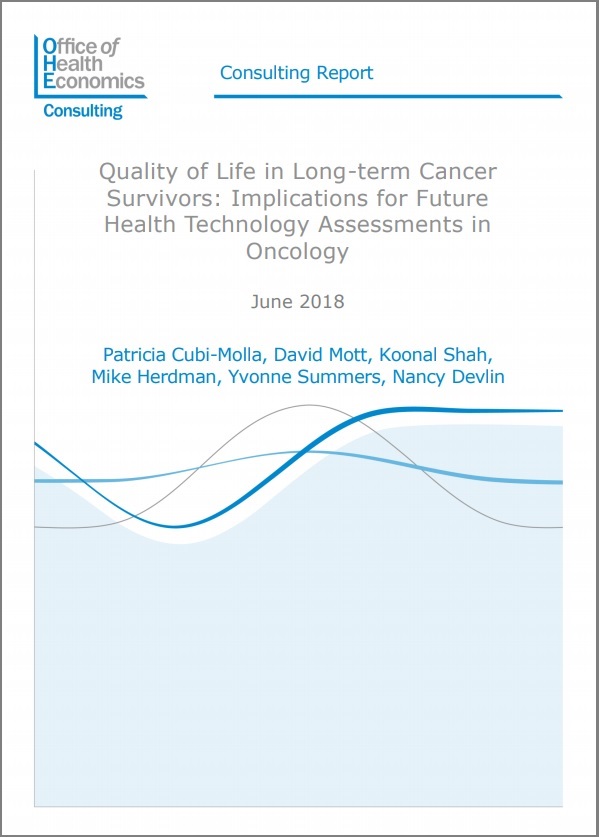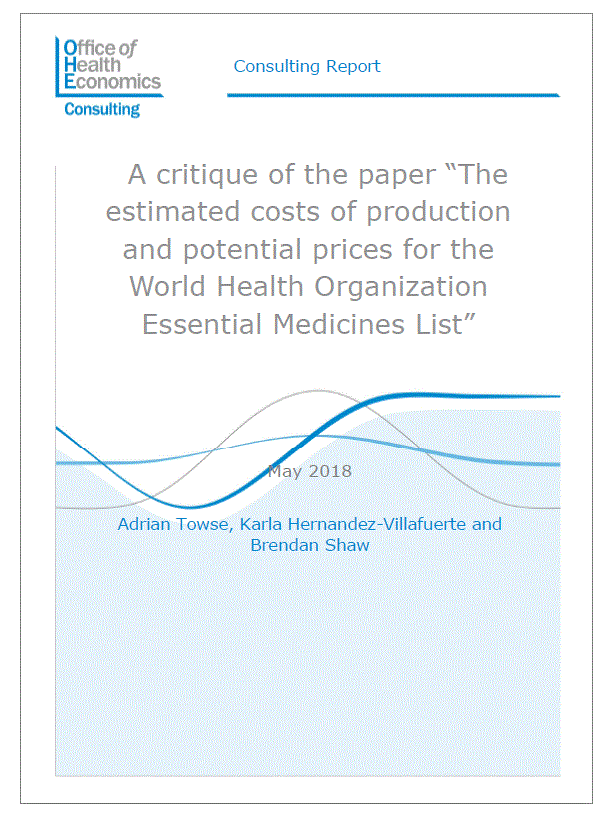Sign up to our newsletter Subscribe
Establishing a Reasonable Price for an Orphan Drug

Sign up to our newsletter Subscribe


Looked at overall, dental care represents a fascinating mix of the public and private spheres. It has a strong component that many people argue can be left to individual responsibility, private funding and market processes. But it also has a strong public dimension. How these areas are delineated, and how they are both catered for within the overall dental sector, poses some complex challenges. Analysing the nature of these challenges and pointing to ways in which they can be met is the purpose of this report.
An error has occurred, please try again later.
This website uses cookies so that we can provide you with the best user experience possible. Cookie information is stored in your browser and performs functions such as recognising you when you return to our website and helping our team to understand which sections of the website you find most interesting and useful.
Strictly Necessary Cookie should be enabled at all times so that we can save your preferences for cookie settings.
If you disable this cookie, we will not be able to save your preferences. This means that every time you visit this website you will need to enable or disable cookies again.
This website uses Google Analytics to collect anonymous information such as the number of visitors to the site, and the most popular pages.
Keeping this cookie enabled helps us to improve our website.
Please enable Strictly Necessary Cookies first so that we can save your preferences!